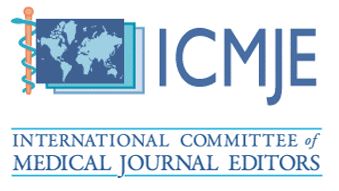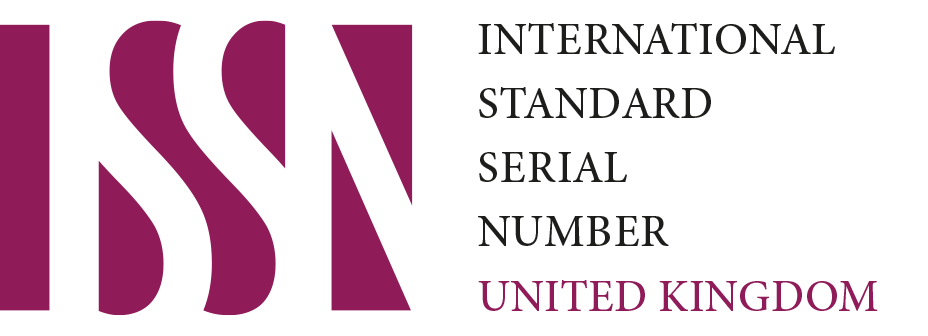The Role of Blame Attribution in Severity of Prolonged Concussion Recovery
M. Wasif Hussain, MD, FRCPC1*, Graeme Battigelli, BSc2
1Faculty of Medicine – Division of Neurology, University of Alberta, Edmonton, Alberta, Canada.
2Faculty of Medicine and Dentistry, University of Alberta, Edmonton, Alberta, Canada.
*Corresponding Author: M. Wasif Hussain, MD, FRCPC, Faculty of Medicine – Division of Neurology, University of Alberta, Edmonton, Alberta, Canada.
https://doi.org/10.58624/SVOANE.2024.06.015
Received: April 30, 2025
Published: June 11, 2025
Citation: Hussain MW, Battigelli G. The Role of Blame Attribution in Severity of Prolonged Concussion Recovery. SVOA Neurology 2025, 6:3, 75-82. doi. 10.58624/ SVOANE.2024.06.015
Abstract
Psychological risk factors are associated with prolonged recovery from Concussion. We investigated whether blame attribution is another risk factors for prolonged recovery. 91 new patients presenting with prolonged recovery from Concussion at a Canadian subspecialty concussion clinic were included in the study. Participants were separated into three groups: those attributing external blame for their concussion (n=70), those describing the incident as accidental (n=20), and those attributing internal blame (n=1). Observations included: population variables, subjective percent recovered (SPR), duration of symptoms thus far, and presence of symptoms. Participants were more likely to belong to the external blame group versus the accidental or internal blame groups (p<0.0001). Mean SPR in accidental was 73%, compared to 44% in external (p<0.0001). The following occurred more in external versus accidental (relative risk[95% confidence interval]): PTSD (32.24[2.08-500.12]), depression (3.78[1.56-9.19]), anxiety (3[1.53-5.89]), headache (1.21 [0.97-1.51]), irritability (2.76[1.40-5.44]), and cognitive symptoms (1.77[1.13-2.77]). There were no differences in the distribution of sleep disorders and vestibular symptoms. Mean symptom duration thus far was 10.2 months in accidental and 22.5 months in external (p=0.001). External and accidental groups did not differ in age (p=0.938), number of concussions (p=0.72), sex (p=0.908), or pre-existing mental illness (p=0.735). Patients with prolonged recovery are more likely to externally attribute blame for their initiating concussion, which is associated with a longer, more severe course. This study suggests blame attribution could be used to determine patients at risk of prolonged recovery from concussion.
Keywords: Post-concussion syndrome, PCS, Blame, Concussion, Recovery











